一般言語学コースとは?
言語を通して人間に迫る
言語のない世界を想像することは困難です。言語によって私たちは世界を捉え、ものを考え、思いを表現し、社会生活を営んでいます。
このように、言語は人間が人間であるために欠くことのできない重要な営みであるにもかかわらず、普段は単に伝達手段としてしか受けとめられていません。しかし、幼児はどうして言葉を喋るようになるのか、音声や文字、あるいはことばの意味は脳の中でどのように認知されているか、ことばは時間とともにどう変化するのかなど、探求すべき問題はたくさんあります。
一般言語学コースは、特定の言語を通して、あるいは複数の言語を対象として、言語現象を探求するコースです。担当教員は、ヘブル語、アッカド語、中国語、ドイツ語、フランス語、ロシア語等を専門にしています。
本コース所属の学生は,例えば,個別の言語の枠にとらわれず,複数の言語を比較・対照する研究を行うことができます。あるいは、1年次に初めて習う外国語を基礎として、その言語の構造や規則、背景を成す文化等についての理解を更に深め、中国語、ドイツ語、フランス語、ロシア語のスペシャリストを目指すこともできます。
教授[セム系言語の歴史研究と現地調査]池田 潤
授業科目の一例
- 実験音声学
- 歴史言語学
- 中国語学講義
- ドイツ語学演習
- 仏語学概論
- 露語文法論
授業紹介
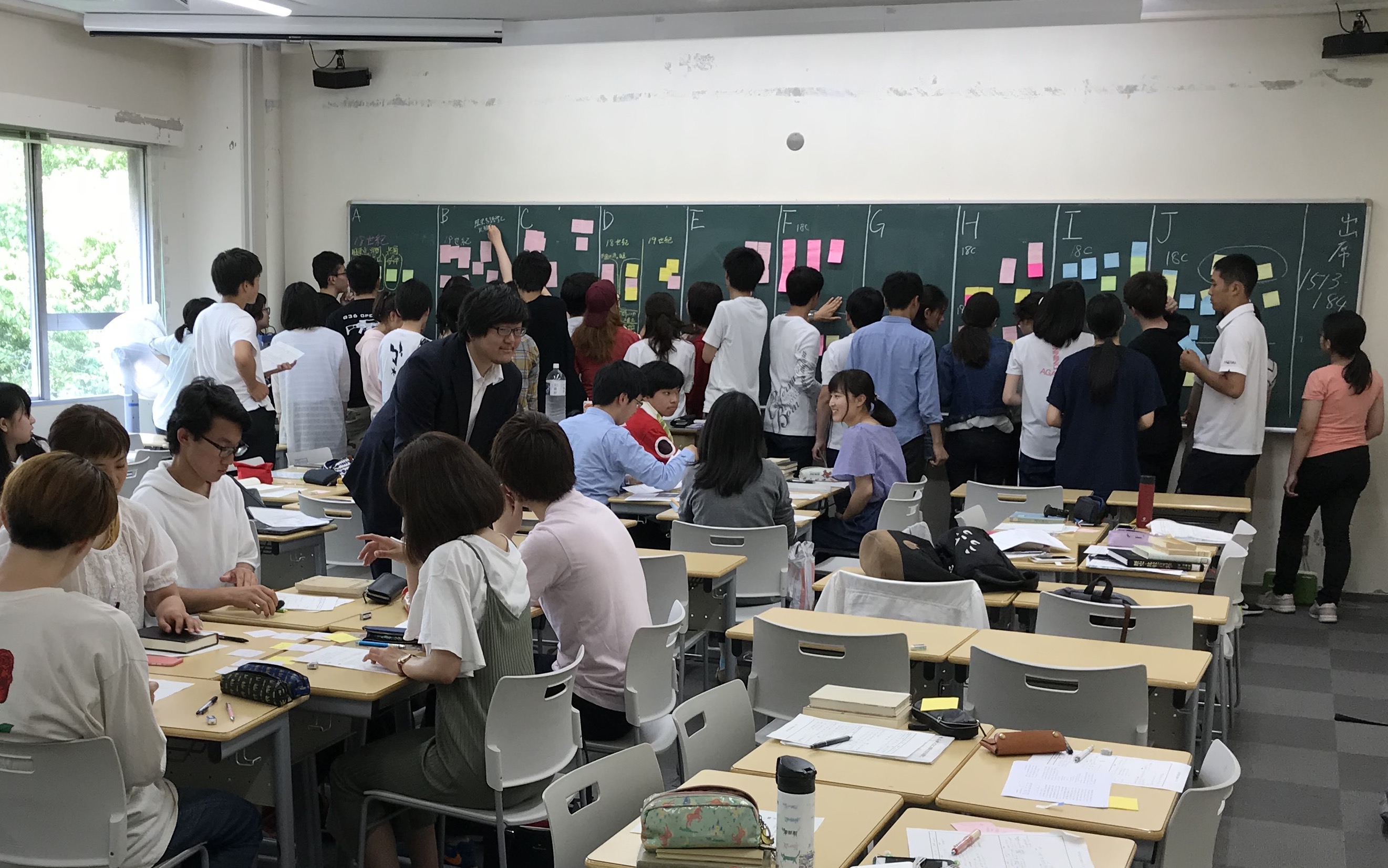
- 言語学概論はどんな授業?
- ● 世界にはいくつの言語があるのか。
● それらはどれほど多様なのか。
● なぜこんなに多くの言語があるのか。
● 言語が異なっても人は分かり合えるのか。
● そもそも言語とはいったい何なのか。
言語学概論ではこうした素朴な疑問を掘り下げるとともに、どんな言語でも分析できる知識と技術を身に付けます。
先輩たちの卒業論文
- A Cross-Linguistic Study of Counterfactual Wish Expressions
- 非線状的表記の通時的研究
- インダス式印章に刻まれたインダス文字の編年研究
- 文法的な性の類型論的研究と第二言語習得への応用
- マンガに見られるオノマトペのドイツ語への翻訳手法及び考察
- フランス語の「ユーモア」に関する言語学的研究
- 日本語と中国語における化学元素名の対象研究
- ウクライナのベッサラビア・ブルガリア人の言語・文化状況について
所属教員紹介
| 教員名 | 職階 | メッセージ | |
|---|---|---|---|
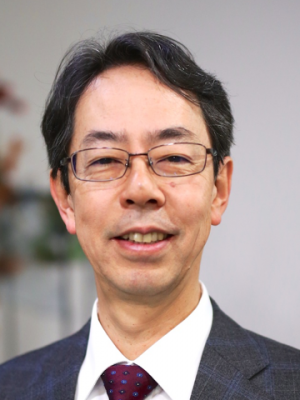
|
池田 潤Jun Ikeda | 教授 | |
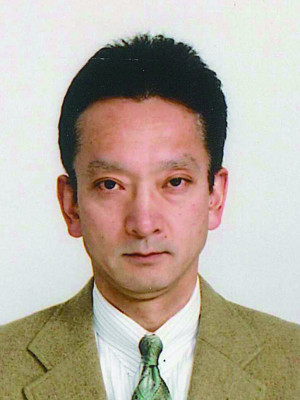
|
大矢 俊明Toshiaki Oya | 教授 | |
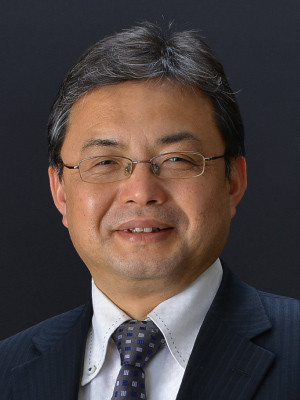
|
臼山 利信Toshinobu Usuyama | 教授 | |
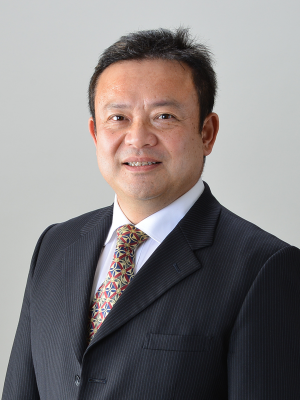
|
佐々木 勲人Yoshihito Sasaki | 教授 | |
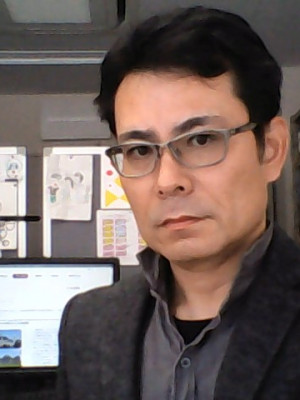
|
住大 恭康Yasunori Sumidai | 准教授 | |
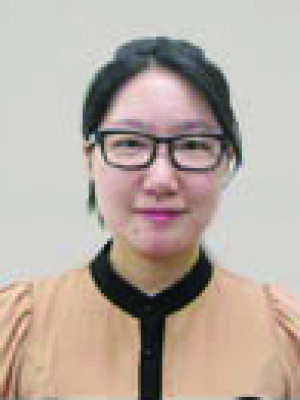
|
黄 賢暻HYUN KYUNG HWANG | 准教授 |
コースの声
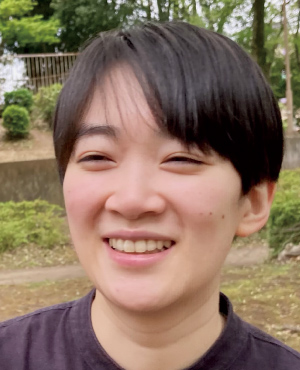
卒業生地野 みれい
誰かと話す時、考え事をする時など、私たちは日常生活を送る上で何気なく言語を使っています。そんな当たり前のように使っている言語ですが、「世界には全部でいくつ言語があるの?」「なぜ自然な文とそうじゃない文の違いがわかるの?」「言語と文字の関係ってどうなってるの?」など、少し考えてみただけでも言語に対する疑問は次々と出てくると思います。そのような問いについて考えるのが言語学です。言語学主専攻の中でも一般言語学コースでは、日本語、英語だけでなく、中国語、ドイツ語、ロシア語などの幅広い言語を研究の対象にできますし、言語音の分析や脳波実験を行うこともできます。また、一般言語学コースには様々な言語・分野の専門家である先生方がいらっしゃるので、自分の興味関心に合わせて様々に学ぶことができます。
私は一般言語学コースでアッカド語という古代メソポタミアで使用されていた言語について研究していました。私が所属していた当時の一般言語学コースには、脳波実験をしている人もいれば、フランス語を専門としている人、たくさんの言語を同時並行で扱っている人、言語政策について研究している人などがおり、学生一人一人興味関心のある言語・分野が全く違うコースでした。それぞれの専門が異なるため、自分では普段触れたことのない分野の発表を演習で聞き、自分が発表する時は様々な観点からの質問やコメントをもらう、という感じで、他方向からの刺激をもらいながら自分の学びも深められる、ということがこのコースの魅力の一つだと思います。
一般言語学コースでは特定の個別言語を学び、研究することはもちろん、複数の言語を取り扱うことも、実験も、記述も、文献調査なども可能です。誤解を恐れずに言えば、言語に関することであればとにかく「なんでもできる」という印象です。皆さんも一般言語学コースで、楽しく、学び多く、言語を探求してみませんか?
About the General Linguistics Course
Approaching Humanity Through Language
It is difficult to imagine a world without language. We use language to perceive the world, to think, to express our thoughts, and to engage in social life.
Language is a crucial part of what makes humans human, yet it is often perceived simply as a means of communication. However, there are many issues to explore, such as how toddlers learn to speak, how the meaning of phonemes, written characters, and words are recognized in the brain, and how language changes over time.
The General Linguistics course is designed to explore linguistic phenomena using languages not covered in other courses and using multiple languages. The faculty specializes in such languages as Hebrew, Akkadian, Chinese, German, French, and Russian.
Students in this course can, for example, compare multiple languages to perform research that goes beyond the framework of a single language. They can also use a foreign language learned in their first year to delve further into the structure, rules, and cultural background of that language to become a specialist in languages such as Chinese, German, French, or Russian.
Historical Research and Field Studies of Semitic LanguagesJun Ikeda, Professor of
Example of Subjects
- Experimental Phonetics
- Historical Linguistics
- Chinese Grammar (Seminar)-a
- German Language (Seminar) I-a
- French Grammar and Reading A
- Seminar in Russian Language I-a
Course Introduction

- What Kind of Class is Introduction to Linguistics?
- How many languages are there in the world? How diverse are they? Why do so many languages exist? Can people understand each other even when using different languages? What is language in the first place? In Introduction to Linguistics, we delve into these simple questions, all while acquiring the knowledge and skills to analyze any language.
Senior Graduation Thesis
- Verifying Distributed Morphology Using Experimental Linguistic Methods
- An Analysis of Biblical Hebrew Causative Stems Using Lexical Conceptual Structure
- Word Order in Comparative Chinese Sentences
- The Continuous Aspect of Chinese Seen in Dialect Sources
- A Comparison of Direct and Indirect Speech In Newspapers Between Japanese and German
- A Study of the Conditional in Modern French
- Actual State of Use of the Russian Language in Lithuania
- A Survey on Language Awareness Among Young People in the Republic of Kazakhstan
Faculty Members
| 教員名 | 職階 | メッセージ | |
|---|---|---|---|

|
池田 潤Jun Ikeda | 教授 | |

|
大矢 俊明Toshiaki Oya | 教授 | |

|
臼山 利信Toshinobu Usuyama | 教授 | |

|
佐々木 勲人Yoshihito Sasaki | 教授 | |

|
住大 恭康Yasunori Sumidai | 准教授 | |

|
黄 賢暻HYUN KYUNG HWANG | 准教授 |
Student Voices
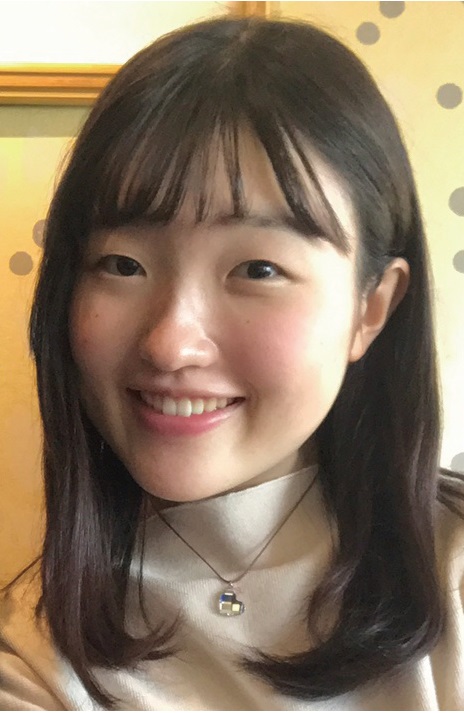
GraduateTakahide Kawabe
"How many languages have you studied, Kawabe?" "Probably about ten..."
These are the kinds of conversations you'll have when you join the General Linguistics Course. Here, you’ll encounter more languages than in any other courses in the linguistics major, even if you are unable to speak the languages. Exposure to a variety of human languages makes you aware of their diversity and similarity. That is the strength of the General Linguistics Course.
In the General Linguistics Course, students learn a variety of methods as a means of exploring linguistic phenomena. For example, there is the phonetic method, in which you record and analyze utterances; the comparative linguistic method, which reconstructs ancient language based on written materials; experimental linguistic methods that analyze brain waves to explore language cognition…different methods help you to see different aspects of language. The General Linguistics Course lets you experience the fun of slowly unraveling language, something not usually well understood, using a variety of methods.
Students within the course can also use equipment such as an electroencephalograph to devote themselves to independent research activities. The Advancing Researcher Experience (ARE) program allows students to receive a wide range of research support, including funding. Starting in my second year, I became involved in language research using brain waves and have learned firsthand just how interesting and profound this discipline is.
To sum up, the General Linguistics Course lets you study many different languages in many different ways. If you’ve ever wondered, “What is language?”, “I want to study a minor language”, or “I’d like to get to the bottom of language,” then General Linguistics is the course for you.
Now then, let's set off on a journey on the sea of language.




